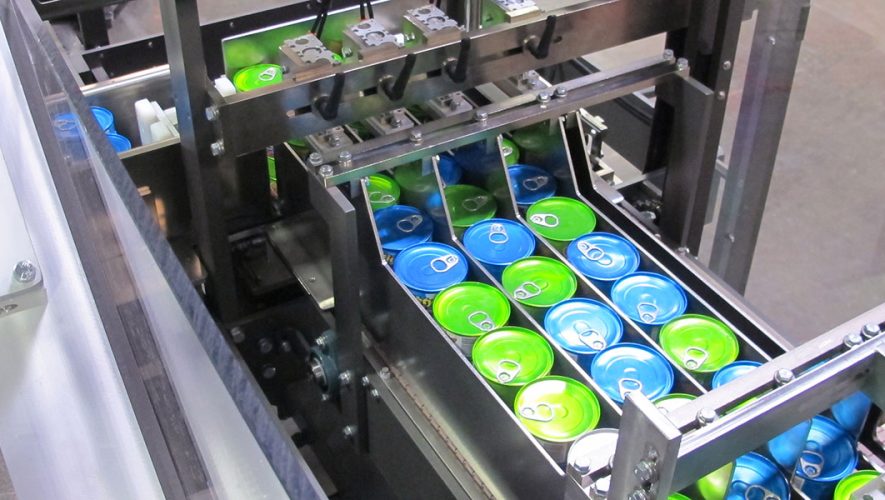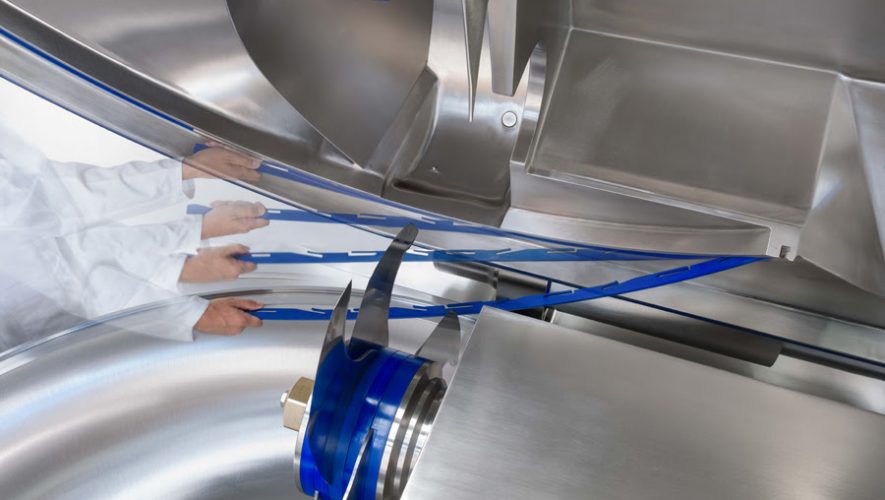Inhabited by almost three and a half million inhabitants, Uruguay provides food to 30 million people,
with the potential to reach 50 million. It is one of the most highly valued food producers worldwide for
the quality and safety it offers. More than half of Uruguay’s exports of goods are food, which shows
the importance of this sector and the confidence of buyers who legitimize it as a producer and
exporter.

Uruguay has a deep-rooted tradition in meat production and a long-standing exporting culture, factors
that position Uruguayan meat products in the world´s premium range. The country stands out for its
animal health protection, which ensures food safety and contributes to public health and sustainable
development.
In Uruguay, cattle are raised in the open range and fed on fresh grass in natural pastures. Modern
extensive livestock farming is the method of rearing, something that allows for high quality production
and responsible care of biodiversity. In addition, no hormone or chemical treatments are applied to
livestock in Uruguay.

It’s a green and natural country, ideal for milk production due to its respect for nature and strict animal
welfare standards. Uruguayan milk is healthy, pure and natural, and is produced according to the
strictest international standards. With a strong tradition, its production is linked to Uruguayan history.
Today, milk is highly productive and internationally renowned.
Citrus fruits accounted for 94% of Uruguayan fruit exports in 2020 and stand out for their advanced
traceability system, which offers guarantees from origin. The introduction of agro-intelligent
technology in Uruguayan citrus production allows consumers to access information on phytosanitary
elements, nutrition and risk, among others. Uruguayan citrus fruits have the additional advantage of
entering European markets in the off-season.
By 2020, Uruguay ranked 11th in the ranking of world rice exporters and second in Latin America after
Brazil. The country is capable of exporting tons of rice with the same quality from the first to the last
grain. In addition, it has the sanitary conditions required by the European protocol for the use of
agrochemicals.
Thanks to the quality of Uruguay’s rice production, its average productivity levels per hectare are
among the highest in the world, enabling it to rise to the challenge of exporting 95% of the rice it
produces. Despite the consequences brought by COVID-19, in the first half of 2020, the sector grew
65% compared to the same period of 2019. In the exported total of 2020, rice sales grew 23%
compared to the previous year.
With its fledgling olive industry, Uruguay has taken important steps into the international market while,
at the same time, gaining recognition. Although olive growing is a relatively new activity in the country,
the growing global demand for sophisticated and healthy products, created in an environmentally
friendly way, opened an opportunity for the development and growth of the sector.
Minister of Agriculture from Uruguay Fernando Mattos will be taking part in various promotional events during Food Week and talking with local press and journalists.


